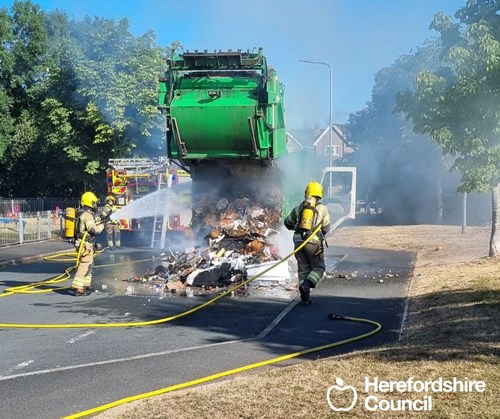Vaping and The Environment
How does vaping harm the environment?
Single-use vapes contain batteries and difficult to recycle plastics. Approximately 1.3 million disposable vapes are thrown away every week in the UK, that’s enough to cover 22 football pitches.
These vapes break down in landfills causing dangerous chemicals to pollute the soil and water, which can cause harm to humans, animals and the environment.
An average of 7.7 million single-use vapes are being sold every week in the UK. At least 5 million a week are being binned which is 8 per second. They contain 10 tonnes of lithium a year, equivalent to the batteries inside 1,200 electric vehicles.
Students from Fairfield High School have produced a video highlighting the environmental impacts of vaping.
TOP TIP: If you use a rechargeable device, only use undamaged charging cables that came with the device and don’t leave them charging for longer than needed. Only charge them when you’re at home and awake. Unplug the charger when you are finished.
Disposing of vapes and e-cigarettes


Incorrect disposal can cause vehicle fires and fires at waste processing facilities.
Because they have a battery inside, both refillable and disposable vapes need to be taken to a recycling centre to be recycled. They can explode and catch fire in a general waste bin.
Retailers of vapes and e-cigarettes should offer a recycling service for single use vapes. Look out for disposal points in store. Use the recycle your electricals website to find out your nearest recycling point.
Household Recycling Centres in Herefordshire can accept Vapes in the Small Domestic Appliance container, just remember to book your visit first.
